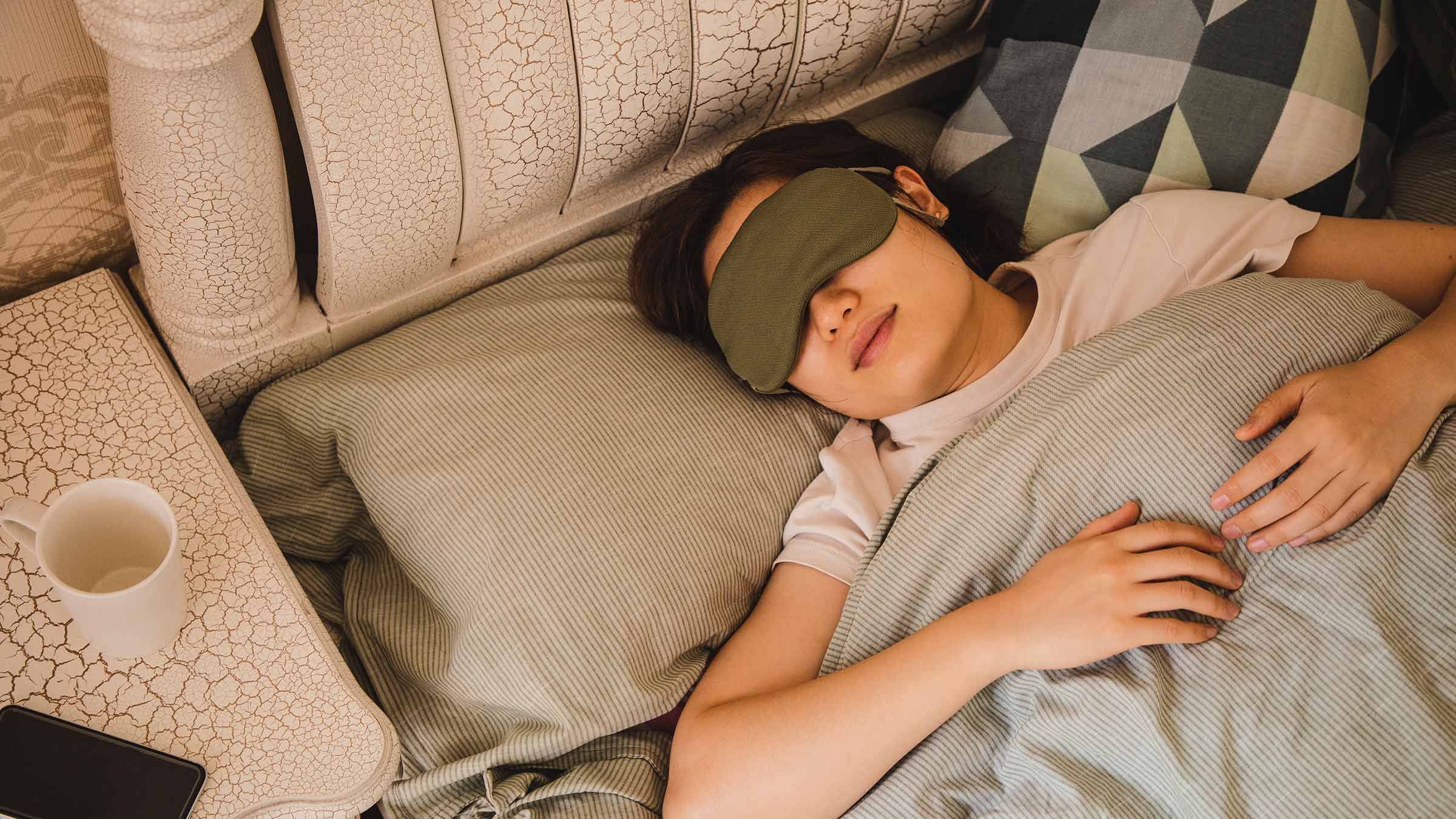
We live in a busy, noisy world and many of us know we should be getting more sleep, but it’s hard. After a long and intense workday, we might still face a frantic dinnertime/homework/bath time/bedtime if we have kids. If we’re still awake after that, it’s easy to give in to the temptation to prolong a moment of relaxation: “Why don’t we just watch one more episode?” Or, “I’ll turn off the light after this next chapter.”
Perhaps we feel like we can live with baggy eyes and afternoon drowsiness and, anyway, we’re used to being tired all the time.
But what if I told you that not getting enough sleep — or going to sleep at the wrong time — could increase your risk of heart disease?
Good sleep is great prevention for heart disease
I’m a cardiologist, not a sleep medicine physician. But a growing body of evidence from sleep specialists, along with my own clinical observations, tells me that good sleep practices are important, not just for day-to-day functioning but to help us stay heart healthy.
Often, when patients come to me with symptoms that aren’t specific to any one condition, a few questions and answers reveal that they’re not getting enough sleep or are sleeping in less than ideal conditions. We know that poor sleep is associated with higher rates of arrhythmia, pulmonary hypertension and atrial fibrillation.
Some theorize that causes of high blood pressure include the inflammation that can come with getting less than seven hours of sleep per night. Inflammation is, indeed, an underlying factor in developing heart disease; it’s why we see higher rates of heart disease in people with arthritis or inflammatory bowel disease.
Not just how much sleep, but when
Last year, a study published by the European Society of Cardiology suggested an interesting connection that has been less widely studied: The hour between 10 p.m. and 11 p.m. appears to be the ideal time, in terms of heart health, to fall asleep. After tracking more than 3,000 subjects for an average of 5.7 years, researchers found the lowest incidence of cardiovascular disease among those who nodded off between 10 p.m. and 11 p.m.
The worst results were for those who stayed awake past midnight; they had a 25% higher risk of heart disease. But early birds, who went to sleep before 10 p.m., were at almost as high a risk, with a 24% greater chance of disease. Those who went to sleep between 11 p.m. and midnight saw a 12% increase in the chance of heart disease.
The researchers can’t prove at this point that the different time of sleep onset is the reason for the different risk levels, but their findings lend weight to the idea that when you sleep, and not just how much you sleep, can be an important factor in heart disease risk.
Sleep researchers focus on the circadian rhythm, or the natural cycle of waking and sleeping that is affected by light and repeats every 24 hours. In general, our bodies respond to the rising and setting sun, wanting to shut down when it gets dark. Disrupting that rhythm has a lot of downstream effects. A consistently short sleep duration has been shown to affect the immune system and worsen cardiovascular problems. And sleep-deprived brains don’t function as well, with mistakes, including car accidents, more common.
The link between sleep and heart health is becoming clearer
Sleep as a heart-health risk factor hasn’t been studied nearly as extensively as the best known risk factors — high blood pressure, cholesterol, diabetes, smoking, poor diet, obesity and physical inactivity among them. But it’s becoming clearer that it should be explored further.
The American Heart Association issued a statement in 2016 asserting that treating sleep disorders could produce clinical benefits, especially regarding blood pressure. The statement authors recommended a public campaign by the association to encourage good sleep hygiene the way we encourage other heart-healthy behavior. It suggested using simple assessments that already exist to screen for sleep apnea and other sleep disorders.
This year, the association went further, adding healthy sleep to its list of the most important heart-healthy behaviors. The list, formerly called the “Life’s Simple 7,” is now presented as “Life’s Essential 8.”
So far, we in cardiology have a way to go in implementing this AHA guidance. I believe we should pay more attention.
To be sure, I will never stop advising patients on the most important ways they can lower their risk of cardiovascular disease: If you smoke, quit. Be physically active. Eat healthy and watch your weight.
But I also recognize how hard those changes can be to make. It may be that going to bed (and shutting down the screens and putting away the book) a bit earlier or later each night could be the low-hanging fruit that begins a person’s journey to better heart health.
That should make us all sleep better at night.

Your heart is in the right place
Learn more about advances in care and treatment for patients at The Ohio State University Heart and Vascular Center.
Expert care starts here




